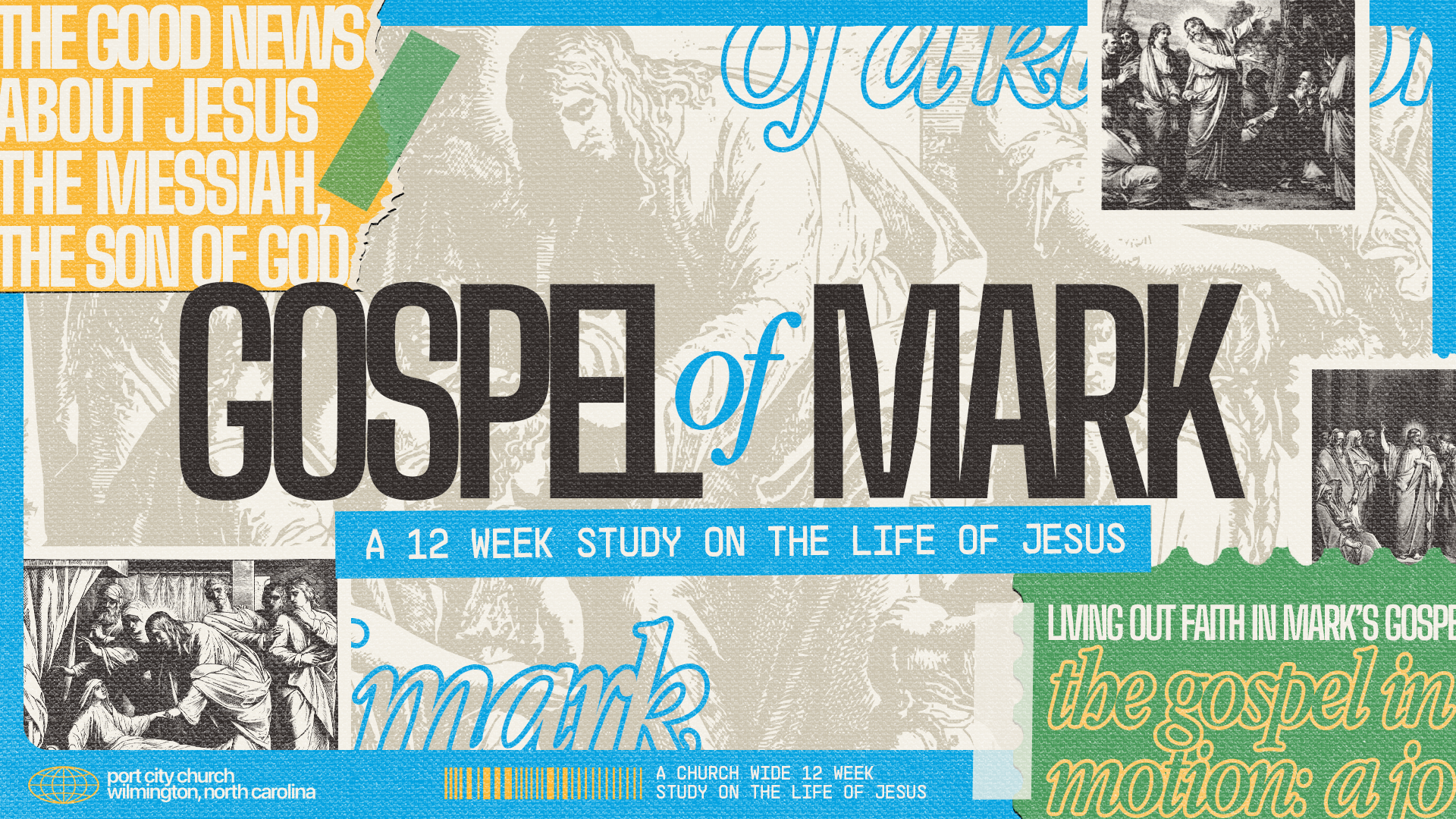Shouting All The More
READ
"Jesus, Son of David, have mercy on me!" The desperate shout rings out over the disapproving murmurs of the crowd. Bartimaeus, a blind beggar, is creating what the proper religious folk would call a "scene" – and he doesn't care one bit. While others try to silence him, he only shouts louder, refusing to miss his moment with Jesus. In a world that often told the disabled to stay quiet and invisible, Bartimaeus's holy disruption stands as a powerful testament to raw, persistent faith.
Let’s take a moment to read Mark 10:46-52:
Then they came to Jericho. As Jesus and his disciples, together with a large crowd, were leaving the city, a blind man, Bartimaeus (which means “son of Timaeus”), was sitting by the roadside begging. When he heard that it was Jesus of Nazareth, he began to shout, “Jesus, Son of David, have mercy on me!”
Many rebuked him and told him to be quiet, but he shouted all the more, “Son of David, have mercy on me!”
Jesus stopped and said, “Call him.”
So they called to the blind man, “Cheer up! On your feet! He’s calling you.” Throwing his cloak aside, he jumped to his feet and came to Jesus.
“What do you want me to do for you?” Jesus asked him.
The blind man said, “Rabbi, I want to see.”
“Go,” said Jesus, “your faith has healed you.” Immediately he received his sight and followed Jesus along the road.
REFLECT
What's fascinating about this story is how it contrasts with the previous account of James and John. While they approached Jesus with demands for glory, Bartimaeus simply cried out for mercy. While they were spiritually blind to Jesus's true mission despite having physical sight, this physically blind man sees Jesus's true identity with stunning clarity. His cry of "Son of David" is more than just a messianic title – it's a declaration of faith in Jesus's authority to transform his life.
When Jesus calls for him, Bartimaeus's response is immediate and dramatic. Mark tells us he throws off his cloak – likely his most valuable possession and the thing he laid out to collect coins – and springs toward Jesus. There's something profoundly moving about this detail. For a blind man in ancient Palestine, that cloak was essential for survival, yet he casts it aside without hesitation. It's as if he knows he won't need it anymore, that his life is about to fundamentally change.
Jesus's question to Bartimaeus seems almost unnecessary: "What do you want me to do for you?" Of course, Jesus knows what a blind man would want, but he asks anyway. It's the same question he asked James and John, but the response couldn't be more different. While they asked for positions of power, Bartimaeus simply says, "Rabbi, I want to see." There's a beautiful humility and directness in his request that cuts through all pretense.
The healing itself is swift, but what happens next is crucial. Jesus tells him, "Go, your faith has healed you." But Bartimaeus doesn't go – at least not away from Jesus. Instead, he follows Jesus along the road. This detail is significant because this is the last healing miracle recorded in Mark's gospel before Jesus entered Jerusalem. Bartimaeus becomes a model of true discipleship: he recognizes his need, persists in faith despite opposition, leaves everything behind, receives his sight, and then follows Jesus on the way to the cross.
This story challenges our understanding of faith and persistence in prayer. Too often, we approach God with polite, measured requests, worried about making a scene or disturbing others. Bartimaeus reminds us that sometimes faith needs to be disruptive. He wasn't concerned with social propriety or religious decorum – he knew this might be his only chance to encounter Jesus, and he wasn't going to let it slip away because others were uncomfortable with his intensity.
The passage also invites us to consider our spiritual blindness. What are we not seeing about Jesus and his kingdom? Like the crowd who tried to silence Bartimaeus, are we sometimes more concerned with maintaining order and respectability than with desperate people encountering Jesus? And when Jesus does call us, are we willing to throw off whatever security blankets we're clinging to and follow him?
Perhaps most powerfully, this story reminds us that Jesus still stops for desperate people. Amid his journey to Jerusalem, with the cross looming ahead, Jesus halts for one blind beggar whom everyone else wants to silence. No one is too insignificant for his attention, no cry for mercy too disruptive for his compassion.
RESPOND
Take a moment to process what God might be leading you to do in light of what you read.
When was the last time you approached Jesus with the raw, persistent faith of Bartimaeus? What holds you back from crying out to him?
REST
Take a moment to rest in God’s presence and consider one thing you can take away from your time reading, then close your devotional experience by praying:
Lord Jesus, give me the courage of Bartimaeus to cry out to you even when others would silence me. Open my eyes to see you more clearly and follow you more faithfully. Help me to cast aside anything that holds me back from fully pursuing you. Thank you that you still stop for those who call out to you in faith. Amen.

